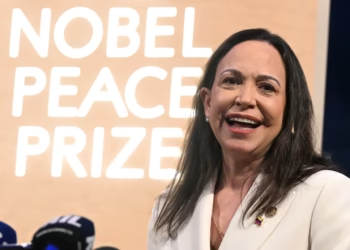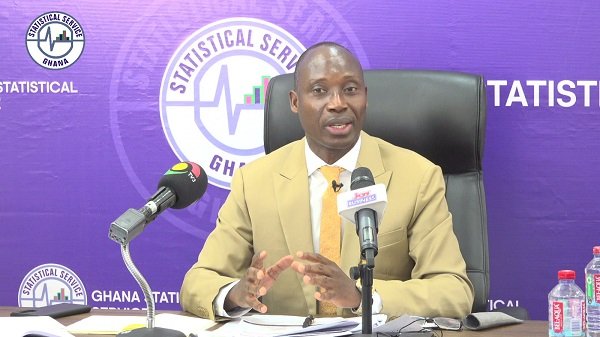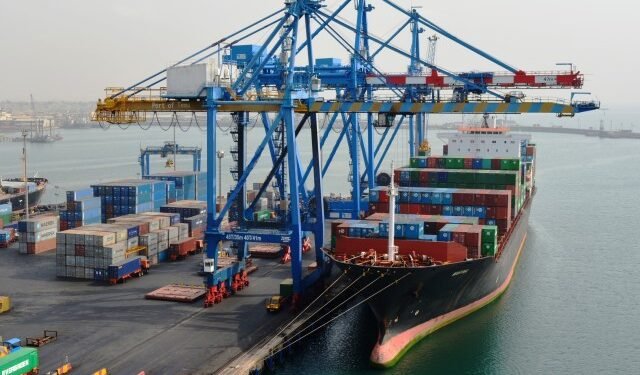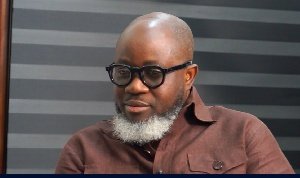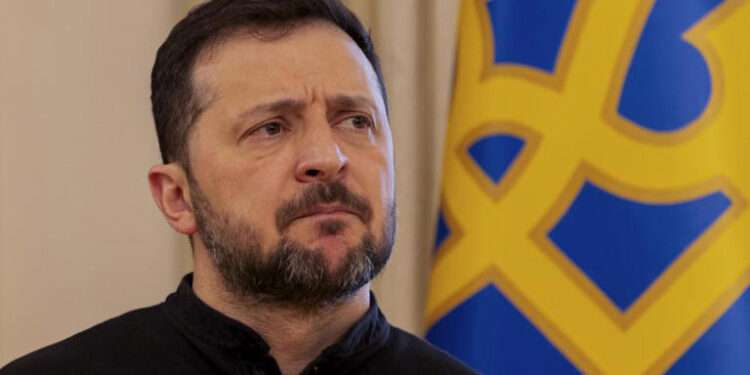Pope Francis has warned that Artificial Intelligence risks turning human relations themselves into mere algorithms.
He challenged leaders of the Group of seven economies to keep human dignity foremost in developing and using artificial intelligence.
Pope Francis, who became the first Pontiff to attend a G7 summit, participated in the “outreach” session, which also included invited nations and international organizations and was on the topics of artificial intelligence, energy, and the Africa and Mediterranean regions.
Pope Francis acknowledged the ambivalence surrounding AI, saying that it could inspire excitement and broaden access to knowledge around the world.

“Yet at the same time, it could bring with it a greater injustice between advanced and developing nations or between dominant and oppressed social classes,” he said.
Calling AI “an exciting and fearsome tool,” the Pontiff said that artificial intelligence must be used for good and for building a better tomorrow, and aimed at the good of people.
“No machine should ever choose to take the life of a human being,” he said.
Also , Pope Francis stressed that human dignity requires that the decisions of artificial intelligence (AI) be under the control of human beings.
“Faced with the marvels of machines, which seem to know how to choose independently, we should be very clear that decision-making, even when we are confronted with its sometimes dramatic and urgent aspects, must always be left to the human person.
“We would condemn humanity to a future without hope if we took away people’s ability to make decisions about themselves and their lives, by dooming them to depend on the choices of machines.”
Pope Francis
“We need to ensure and safeguard a space for proper human control over the choices made by artificial intelligence programs: Human dignity itself depends on it,” Pope Francis added.
He warned that the good use of advanced forms of artificial intelligence will not remain fully under the control of its users or original designers, given that in the future, AI programs will even be able to communicate directly with one another to improve performance.
The Pope highlighted AI’s potential to take on labour-intensive tasks and engender an “exponential advancement of scientific research”, but he said the machines could also be duped into relaying false information.
He criticized “generative artificial intelligence,” which he said can be especially appealing to students today, who may even use it to compose papers.
“Yet they forget that, strictly speaking, so-called generative artificial intelligence is not really ‘generative.’ Instead, it searches big data for information and puts it together in the style required of it. It does not develop new analyses or concepts but repeats those that it finds, giving them an appealing form.”
Pope Francis
Pope Places Onus On Politicians
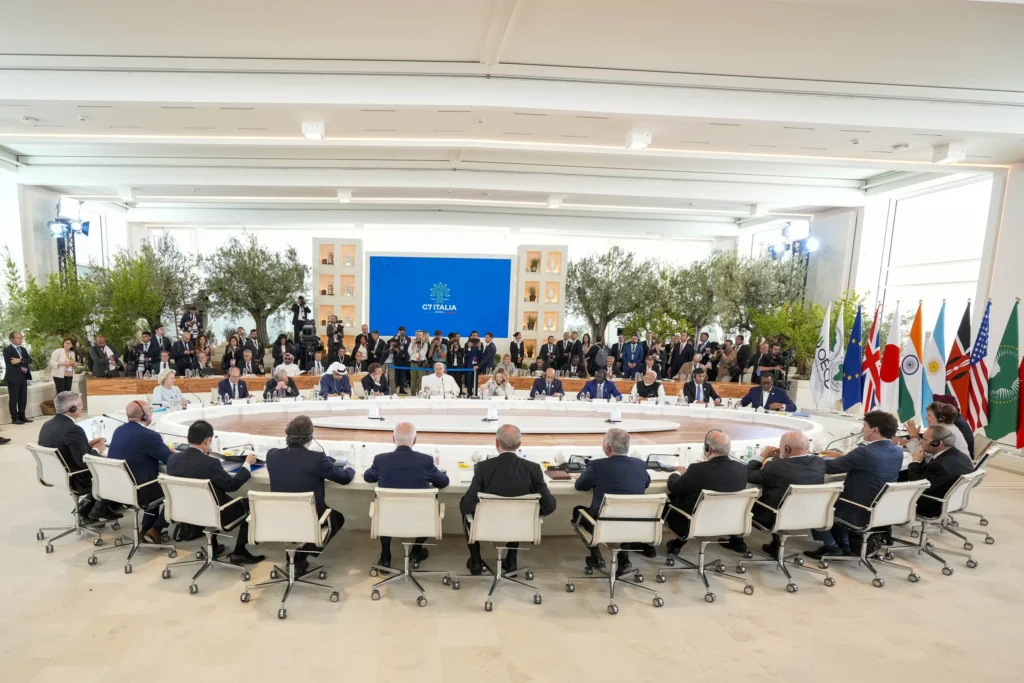
Nonetheless, the Pope made clear that the onus is on politicians to lead on the issue.
He also called on them to ultimately ban the use of lethal autonomous weapons, colloquially known as “killer robots.”
“It is up to everyone to make good use of (AI) but the onus is on politics to create the conditions for such good use to be possible and fruitful,” he noted.
“This starts from an effective and concrete commitment to introduce ever greater and proper human control,” he noted.
He also renewed his demands for safeguards for AI and highlight the threats to peace and society it poses if human ethics are left to the side.
“To speak of technology is to speak of what it means to be human and thus of our singular status as beings who possess both freedom and responsibility. This means speaking about ethics.”
Pope Francis
In a draft of their closing statement, the G7 said that they would draw up a plan to anticipate future skills and education needs to take advantage of the pending AI revolution.
READ ALSO: Former COCOBOD CEO Denounces ‘Empty Coffers’ Claim








